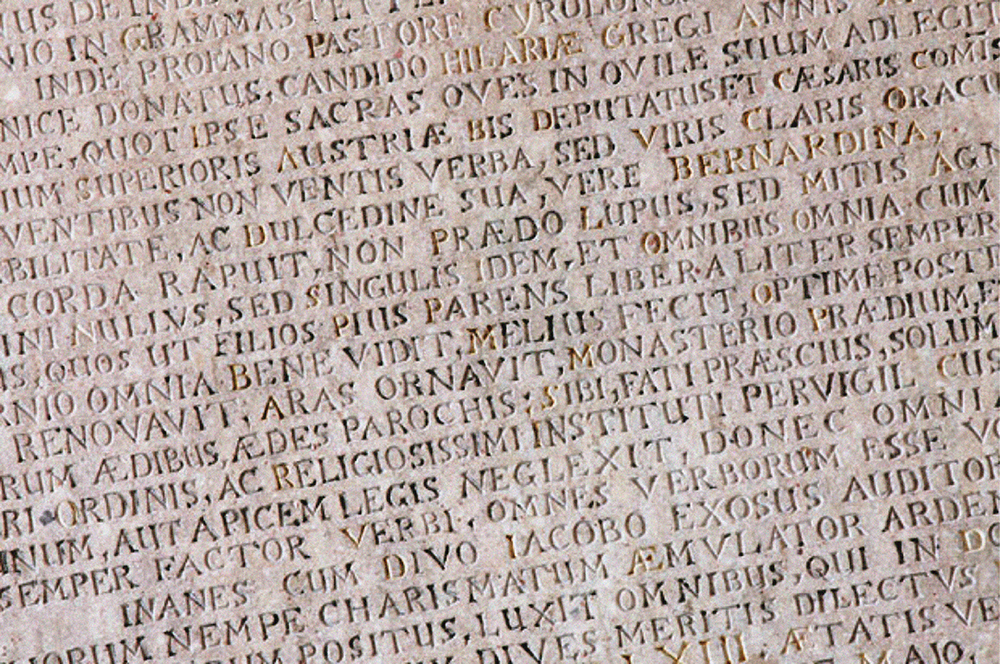
Nero’s personal amphitheatre, recently discovered near the Vatican, was praised to the skies in the ancient Romans’ ‘newspaper’. The historian Tacitus commented drily that it ought to carry stories of much greater historical merit.
The ‘newspaper’ was the Acta Diurna (‘Daily Events’), written on papyrus by actuarii, posted up on an Album (whiteboard) in the Roman forum and elsewhere, and left for a few days before being taken down and put into storage for future reference (no copies survive). It was Julius Caesar’s ‘very first act as consul (59 bc) to ensure that the proceedings both of the Senate and of the people should be published daily’.
Covering a huge range of topics, from official notices to gossip, the paper carried reports of trials, names of those acquitted and condemned, lists of elected magistrates, births and deaths, marriages and divorces, military victories, the price of grain, gladiatorial results, a sporting fan’s suicide at the cremation of the charioteer Felix and who was seducing whom. In May 51 bc, Cicero grudgingly left to take up the job of governor of Cilicia along the southern coast of modern Turkey. Before he left, he asked his young friend Caelius to keep him up to date with all the news from Rome. Caelius’s first dispatch expresses the hope that what he has sent will do the business: ‘It’s all here: the Senate’s decrees, the edicts, the gossip, the rumours.’
Cicero was, of course, well aware of that. In a letter to a friend, he said ‘The various speeches made in the Senate are in the abstract of the Acta Diurna. Pick out the worthwhile items for yourself. You can pass over a lot, such as who was hissed at the games and the quantity of funerals and other nonsenses’. Pliny the Elder recorded an entry in the Acta reporting that in various places ‘it rained milk, blood, flesh, iron, wool and baked bricks’. But Romans abroad made every effort to get it sent out to keep them up with affairs at home – especially when e.g. Octavian’s attempt to have his rival Marc Antony killed was headlined.
The hacks’ interests have not changed. Nor have ours.







Comments